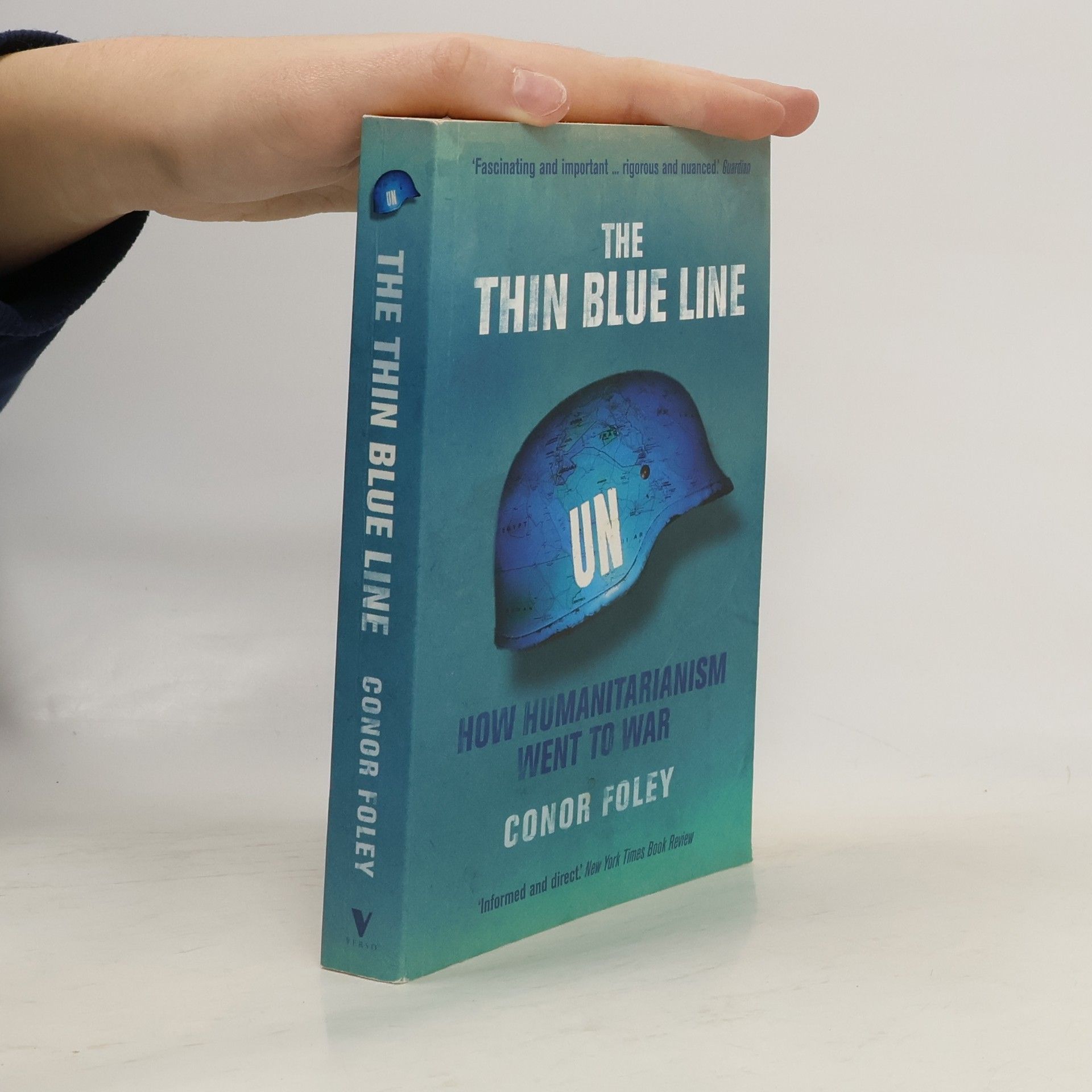The Thin Blue Line
- 274pages
- 10 heures de lecture
Explores the humanitarianism's emergence as a multibillion-dollar industry that has played a role in defining international crises, and shaping the foreign policy of Western governments and the United Nations. This title shows how the influence of international law has been used to override the sovereignty of the poorest countries in the world.

